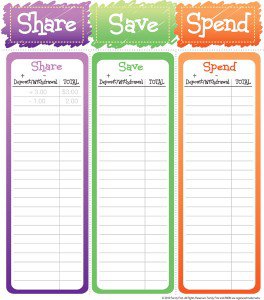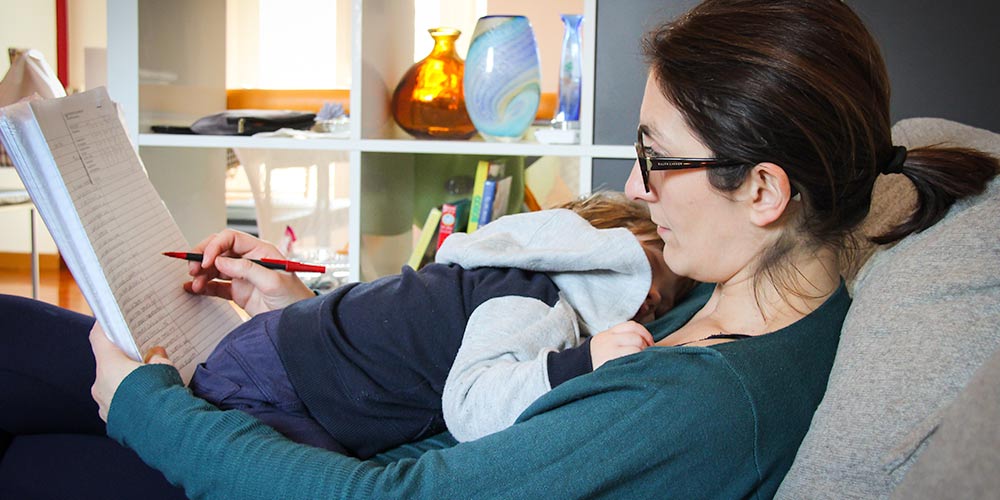Money is the last thing I want to think about if my child needs something. Looking back at how I spent money, it is clear I wasn’t thinking. I did not go crazy and send us into debt, nor was I selfish because we always gave generously, at least 10 percent to ministry. However, I certainly did not save as I should have and that was my financial mistake. I wish I knew then what I know now.
Most of the spending in my family is in my hands. So I had a major say in our family’s long-term financial plans. Which is the point I am getting to. The long-term plan. I did not have one. It seemed too complicated to figure out at the moment. I deferred planning, assuming I would take care of it in the future. Why? Because I had a serious misconception of how to think about money—until I read this quote.
“A part of all you earn is yours to keep. It should be not less than a tenth no matter how little you earn. Pay yourself first.” -George Clason
This quote is from George Clason’s classic 1926 book The Richest Man in Babylon, a common-sense lesson on finances told in ancient parables. It is simple and solid. And I am ashamed to admit (because I was a finance major and should have known better) that the book was eye-opening. This is what I learned about how to fix my money mistake.
1. Spend on needs, not wants.
My first money mistake was letting the lines between needs and wants be blurred.
Those matching smocked Easter dresses are so cute…all of her friends are taking ballet…those new cleats will help on the turf…I would entertain more if I had a bigger table…he really could use some extra batting lessons…those pillows would look great on my couch…wow, that purse is 30 percent off.
Dresses: $100 + 1 year of ballet and recital: $600 + cleats: $100 + table: $1500 + 4 batting lessons: $240 + 4 pillows: $120 + purse: $100. I just spent $2,760 on wants, not needs.
The leather on the arm of my husband’s favorite chair is split. Last weekend, we stopped at an outlet on the way home from our anniversary getaway. It was the temptation of all temptations, a Restoration Hardware outlet. Front and center, I saw 2 gorgeous half price but still $800 leather chairs. We had every excuse to get one—it was our anniversary, our chair was ripped, and we had the money in the bank. We walked out without the chair and I said with a thrill: “We just kept $800!”
The world will tempt you to spend, but a part of all you earn is yours to keep.
2. Save and put your money to work for you.
“Every dollar you save is a slave to work for you. Wealth, like a tree, grows from a tiny seed. The first dollar you save is the seed from which your tree of wealth shall grow. The sooner you plant that seed the sooner the tree shall grow. And the more faithfully you nourish and water that tree with consistent savings, the sooner may you bask beneath its shade.” -George Clason
“If a 30-year-old couple made $48,000 a year and saved 15% ($7,200) in a 401(k) at 12% growth, at 70 years old, they will have $7,058,863.50 in the 401(k). If that same couple fully funded a Roth IRA at $5,000 each per year (total of $10,000) at 12% growth, at 70 years old, they will have $9,803,937.87 What if they did both? They’d have $16,862,801.37. -Dave Ramsey
A part of all you earn is yours to keep, and all you keep will work for you.
3. Give and double your pleasure.

If you want to teach your child how to manage money, iMOM has a great printable for that, called Share, Save, Spend.
What is the best or worst financial decision you’ve ever made?










